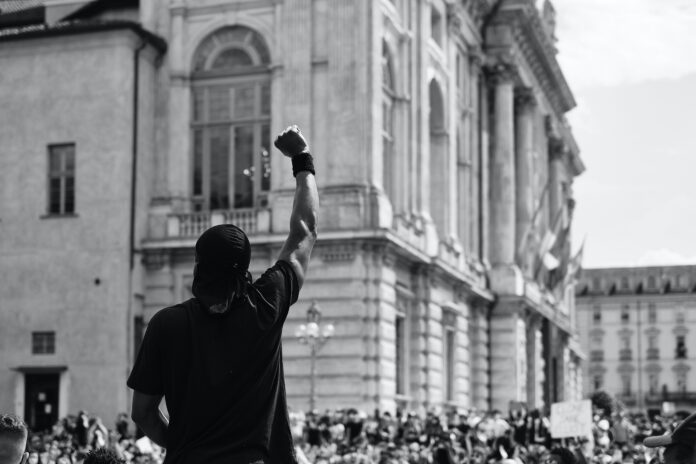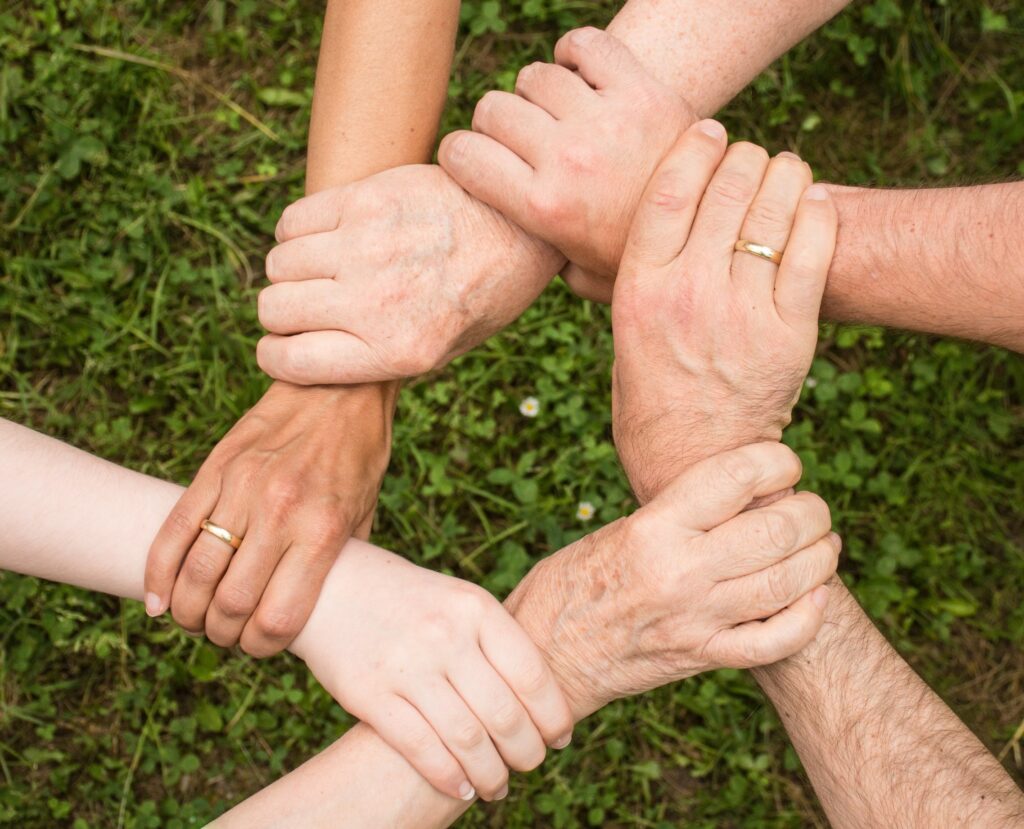By Vasiliki Theodosiou,
From people protesting against lockdown measures to governments introducing track and tracing applications, in an attempt to stop the spreading of the virus, a debate on human rights has been ongoing and is more real than ever.
This virus came into our lives, turning them upside down but amongst other things it made us realise that not all things are to be taken for granted. Going out for a walk whenever you choose to do so, hanging out with your friends, enjoying a drink in a bar were all things to be taken for granted before COVID-19 became “a thing”. Besides, it is our right to do so. The question is, where does one draw the line between our rights and protecting ourselves and others from the pandemic? Because, sure, it is your right to go wherever you like but at the same time you have to keep in mind how this decision of yours might affect others. Let us look at a simple example: You wake up having some minor symptoms, similar to the covid ones, but you nevertheless attend that public event during the afternoon because you simply did not want to miss it. It is your right to attend any event you want but it is also your responsibility to avoid doing so if you are not a hundred percent sure about your health as this might affect others as well.
It is under this way of thinking that most governments and health institutions out there try to introduce all the restrictive measures. Thinking that public health should be protected at all costs and so must the people who belong to vulnerable groups and who are, thus, easily affected by the virus.
However, not everybody perceives these actions this way. There are people out there who strongly believe that all the restrictions are taken in a conscious effort to violate human rights using the pandemic as the excuse. For example, by having to use card payments instead of cash in order to conduct contactless payments and reduce the possibility of infecting others, you also leave a financial trail of your purchase history. Or when you have to check in to every single venue you go to, using the track and trace application, you leave a trail of all the places you visited. For some people this is not acceptable and this belief of theirs is sometimes affected by their culture and by what they are already used to doing. There are countries, most of them in the western world and within Europe, where card payments are already widely spread as a common practice and in which people do not find the urge by the government to conduct contactless payments, as irritable or suspicious. Other people, who live in countries where card payments are not that common, find the whole concept of using contactless payments rather suspicious and blame the authorities for their motives behind this advice while going as far as to claim that the pandemic is not real and it is just something that officials have come up with in order to have more control over people’s lives.
Breaking the news to them, the pandemic is rather real whether we like it or not. The question is, where do we stand in terms of our mission to actively participate in policymaking and make sure that our rights are restricted for all the right reasons? The answer to this question could potentially be a simple word: Respect. It is a matter of respect to avoid going out if you have symptoms; it is a matter of respect to use the track and trace app so that all the people with whom you were in contact, whether you knew them or not, are notified when you test positive for the virus. But it is also a matter of respect towards everyone and towards yourself to know where to draw that line and speak up if you genuinely think that officials are doing something wrong or are taking restrictions far beyond the point that makes them reasonable.
As the Secretary General of the Council of Europe said: “While the virus is resulting in the tragic loss of life, we must nonetheless prevent it from destroying our way of life -our understanding of who we are, what we value and the rights to which every European is entitled.”





